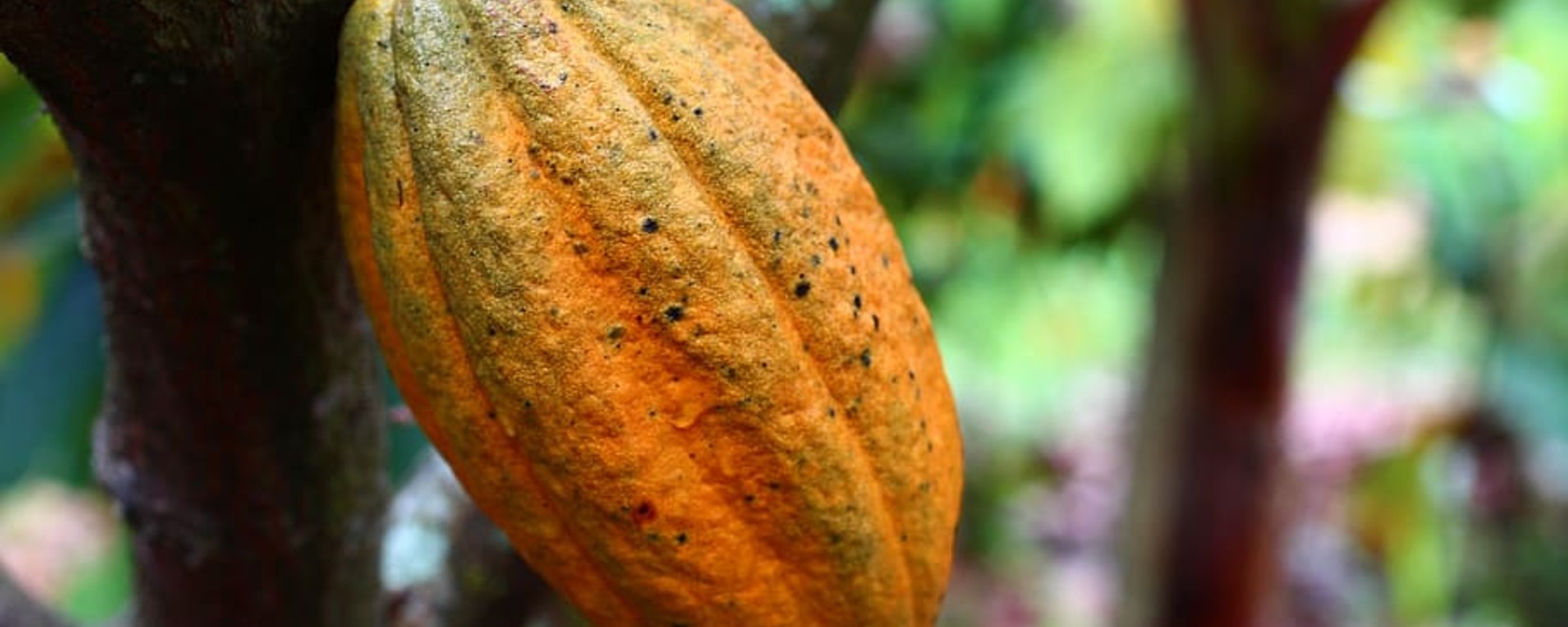Cocoa prices rose by more than $700 per ton in one day, reaching $9,000 for the first time. Cocoa futures in New York continued to rise for the fourth day in a row, and after news of financial problems in Ghana, the world's second-largest cocoa producer, the rise further intensified.
"The country may lose access to an important financial mechanism due to the cocoa crisis, which has reduced bean stocks to insufficient levels to provide cash flow. Cocobod, Ghana's cocoa industry regulator, relies on foreign funding to pay farmers."
This month alone, cocoa prices have risen by about 60%, and already this year they have more than doubled. Producers in western Africa, where most of the world's cocoa is grown, have seen yield declines due to adverse weather conditions and plant diseases, causing the industry to struggle.
“Rising cocoa prices have brought them closer to the $10,000 mark, which seemed impossible just a few months ago, and have even caused cocoa to become more expensive than the leading industrial metal - copper. Rising cocoa prices will affect the rise in the cost of chocolate throughout the year. Due to the surge in prices for last year's Easter eggs, they have already become more expensive, and some manufacturers are reducing the size of chocolate bars or trying to squander varieties with different ingredients to soften the blow."
Cocoa futures in New York rose 7.9% to $9,649 a metric ton. Prices continue to rise despite technical indicators remaining in overbought territory for much of the past few months. Cocoa prices also rose in London. “If cocoa tree diseases and adverse weather conditions continue, chocolate could become even more expensive by Easter 2025 due to shortages of raw materials.”

 Trading platform
Trading platform 
 Monitoring
Monitoring  Express applications
Express applications 
 Fork Work
Fork Work 
 Service
Service  News
News  Directory
Directory 
